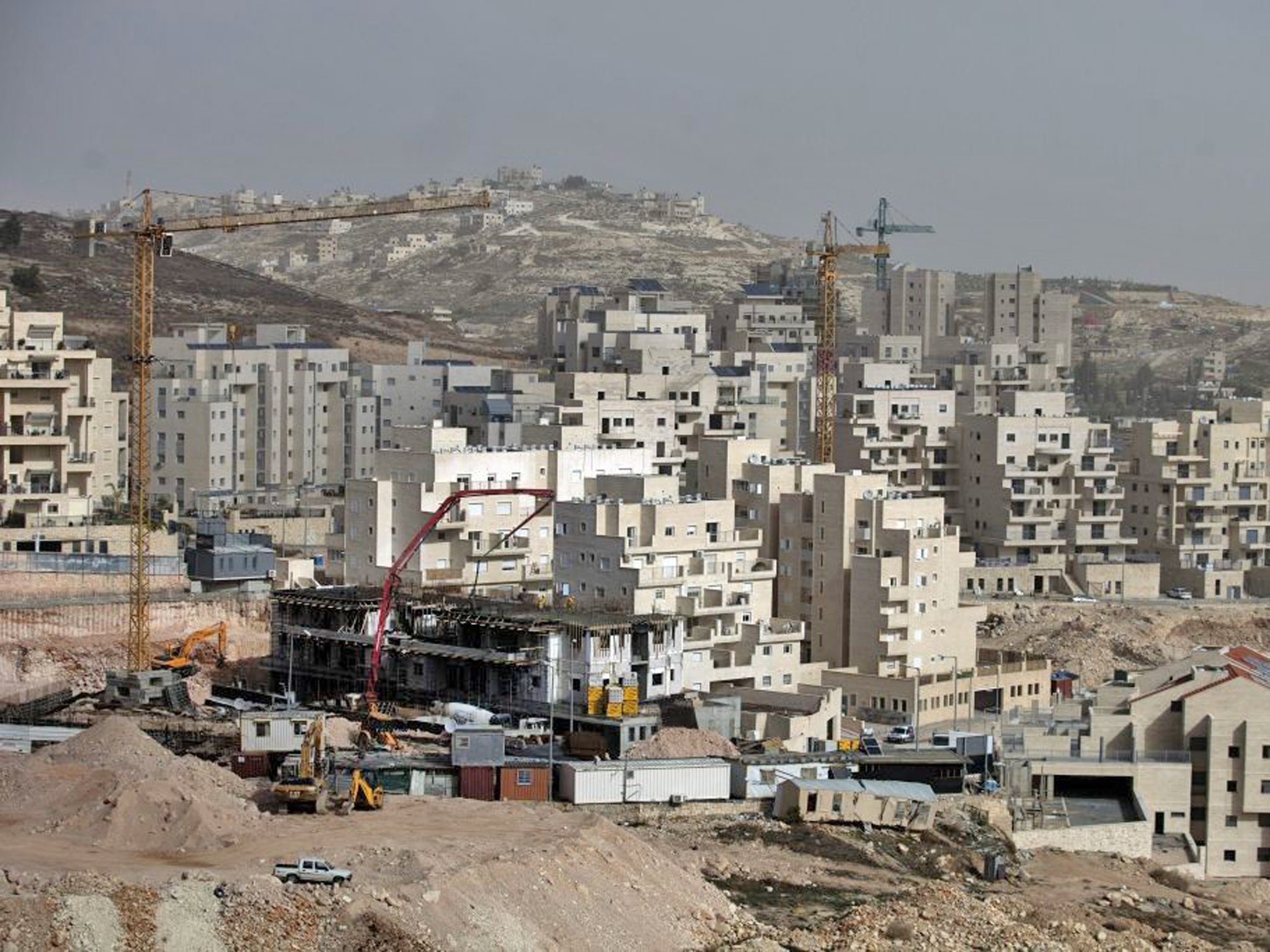Israel agrees to release second group of Palestinian prisoners
Prime Minister Benjamin Netanyahu to approve housing settlements to appease those against the release

Your support helps us to tell the story
From reproductive rights to climate change to Big Tech, The Independent is on the ground when the story is developing. Whether it's investigating the financials of Elon Musk's pro-Trump PAC or producing our latest documentary, 'The A Word', which shines a light on the American women fighting for reproductive rights, we know how important it is to parse out the facts from the messaging.
At such a critical moment in US history, we need reporters on the ground. Your donation allows us to keep sending journalists to speak to both sides of the story.
The Independent is trusted by Americans across the entire political spectrum. And unlike many other quality news outlets, we choose not to lock Americans out of our reporting and analysis with paywalls. We believe quality journalism should be available to everyone, paid for by those who can afford it.
Your support makes all the difference.The Israeli government has agreed to release a second group of Palestinian prisoners as part of a US-brokered deal.
The cabinet voted to set free 26 inmates who had each served over 19 years. The agreement was made before Israel and Palestine renewed long-frozen peace negotiations in August.
The move will see detainees involved in killing Israelis freed.
While the view is held by some in Palestine that the prisoners are heroes who made personal sacrifices in the struggle for independence, many Israelis disagree, labelling the men as terrorists.
104 Palestinian prisoners are to be released in four stages during the nine months set aside for Israeli-Palestinian negotiations.
The building project highlights an apparent "settlements-for-prisoners" trade-off that has persuaded each side to engage in peace talks for the first time in five years. Israel captured the territories on the West Bank and in East Jerusalem from Jordan in the 1967 war, and has since built dozens of housing complexes in which around 550,000 Israelis currently live.
The crimes committed by the prisoners precede the beginning of Israeli-Palestinian peace talks in 1993. Five of the prisoners will be released to Gaza, and 21 to the West Bank. The release will take place at least 48 hours after their names are published, enabling bereaved Israeli families to appeal against the decision. Instances of families lodging appeals are rare.
The government insists that former-inmates who revert back to hostile activity will be arrested and imprisoned to serve the remainder of their sentence.
Subscribe to Independent Premium to bookmark this article
Want to bookmark your favourite articles and stories to read or reference later? Start your Independent Premium subscription today.
Join our commenting forum
Join thought-provoking conversations, follow other Independent readers and see their replies
Comments